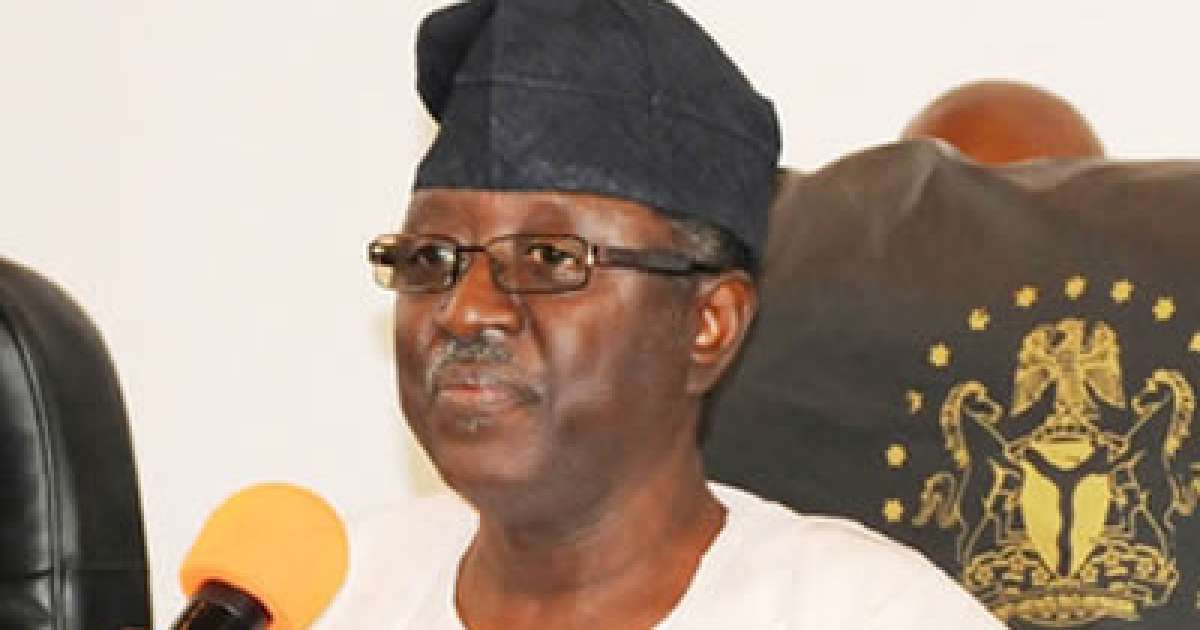Some prominent leaders of thought on Friday asked the United Nations Security Council, African Union (AU), European Union, United States and the British governments to urgently convoke a sovereign national conference to discuss the constitutionality and essentiality of the 1999 Constitution of Nigeria and the 1914 Amalgamation of Southern and Northern Nigeria within 90 days.
According to a statement they issued after a meeting in Lagos, this is to save the people from further quagmires, subjugation, stagnation and squalor.
- 7 killed, one injured as gunmen attack Kaduna community
- Nigeria got foreign help rescuing Katsina schoolboys – Lai Mohammed
Speaking on the platform of the Nigerian Indigenous Nationalities Alliance for Self-Determination, the leaders, numbering about 127, described the Nigeria’s 1999 constitution as a fraud.
They said they gathered to “pronounce an end to our toleration of Nigeria’s Unitary Constitutional Order, unilaterally imposed and forcefully maintained by a section of the Nigerian country, in negation of the federal basis upon which Nigeria became one political union at independence in 1960 and in brutal subjugation of our collective sovereignties currently being forcefully and fraudulently appropriated by the Nigerian State.”
They added that the Nigerian constitution was a confiscation of the sovereignties, powers and assets of the people of the South and Middle Belt of the country.
Those who attended the meeting included a former governor of Plateau State, Jonah Jang, a Second Republic senator, Professor Banji Akintoye, a former minister, Professor Yusuf Turaki, a former vice-chairman of Arik Air, Senator Aniete Okon, President-General of Ohanaeze Ndigbo, Chief Nnia Nwodo, Commodore Ebitu Ukiwe, Commodore Idongesit Nkanga, both retired, the leader of Middle Belt Forum, Dr Bitrus Pogu, and over 100 others.
The Nigerian Indigenous Nationalities Alliance for Self-Determination is “a joint-cooperation framework for the self-determination initiatives of the Southern and Middle-Belt of Nigeria”.
According to the group, the 1999 Constitution of Nigeria was a wholesale adoption of the 1979 edition via Decree No.24 of 1999.
They said it had revalidated and reinforced the aforementioned hijack and confiscation of the sovereignties, powers and assets of the four erstwhile federating regions by the Federal Government of Nigeria.
The statement said: “There is a countrywide consensus against the unitary constitutional arrangements imposed incrementally on Nigeria by a combination of guile, brute force and impunity between 1966 and 1999 now codified by the 1999 Constitution.
“This countrywide consensus had manifested in several unilateral regional and joint multi-regional actions in repudiation and rejection of the Unitary 1999 Constitution of Nigeria.
“The first indication was when in the year 2000, the 12 contiguous states of the Far North simultaneously imposed and began to implement Sharia in their domains against the express provision of the 1999 Constitution which in Section 10, forbids the adoption of any state religion.
“This translates to a unilateral secession from the secular union of Nigeria.
“Between 2005 and 2006, a sovereign conference of the ethnic nationalities of Nigeria, convened by the Pro-National Conference Organizations (PRONACO), deliberated exhaustively and produced a draft Peoples’ Constitution 2006 which had the potential of restoring Nigeria to its damaged federal foundations.
“Though ignored by successive Federal Governments in Nigeria, that draft became the new federating consensus against the prevailing unitary constitutional order in Nigeria”.
As 2023 is approaching, there have been renewed calls and agitations for restructuring, with different groups, calling for one form of rearrangement or another.
Recently, a former president and military head of state, Chief Olusegun Obasanjo, gathered representatives of socio-cultural and ethnic groups in Kaduna, where they issued a statement saying Nigeria had been divided as never before.
Those who are against the calls for restructuring argue that the National Assembly, comprising of representatives of the Nigerian people, is the sole institution that can decide on the constitutional outlook of the country.

 Join Daily Trust WhatsApp Community For Quick Access To News and Happenings Around You.
Join Daily Trust WhatsApp Community For Quick Access To News and Happenings Around You.


